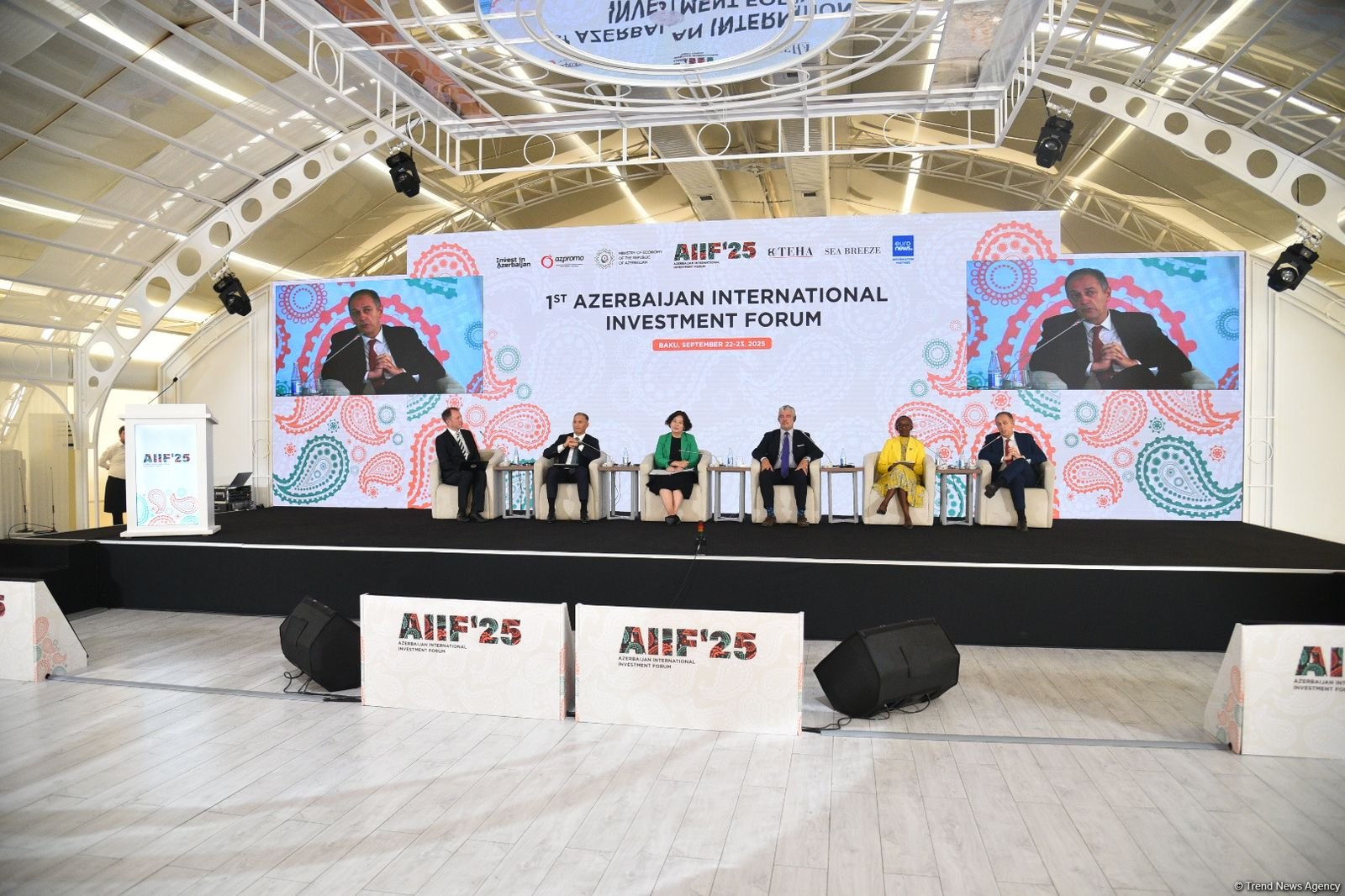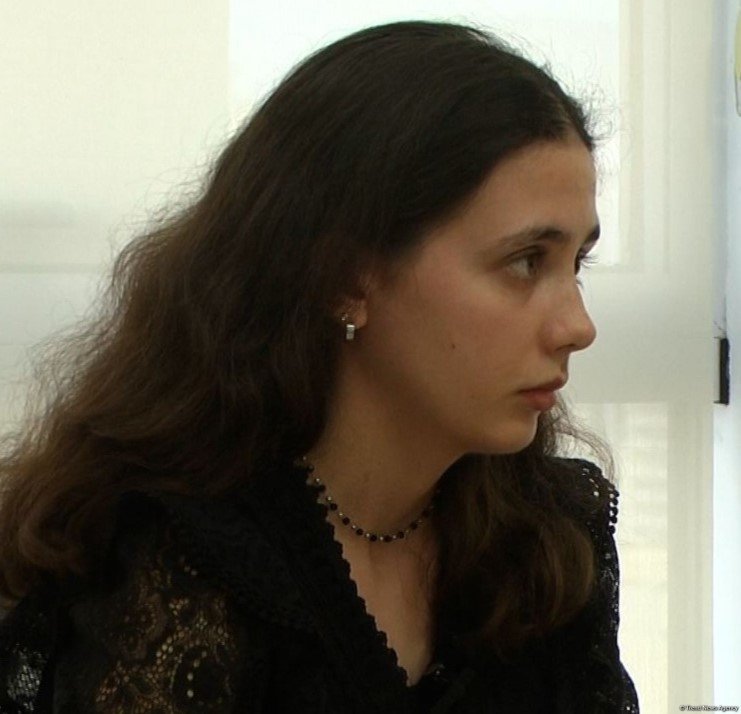BAKU, Azerbaijan, September 22. The Black Sea submarine cable project will enhance energy security, digital connectivity, and integration between the South Caucasus, Central Asia, and Europe, World Bank (WB) Regional Director for the South Caucasus Rolande Pryce said at the 1st Azerbaijan International Investment Forum in Baku, Trend reports.
"This initiative will connect the South Caucasus and EU electricity and digital markets with entry points in Georgia and Romania. The potential is enormous, and with further focus on regional integration, other South Caucasus countries will be able to benefit from it," she explained.
According to Pryce, the South Caucasus and Central Asia are not merely stepping stones but rather blossoming hubs of growth, innovation, and interregional teamwork.
"By investing in strategic routes like the Middle Corridor and leveraging the opportunities of the Black Sea, the region can play a key role in shaping a sustainable multipolar world order," the WB official added.
The Black Sea Submarine Cable Initiative commenced with a strategic alliance accord executed in December 2022 among Azerbaijan, Georgia, Romania, and Hungary. The Black Sea submarine cable (BSSC) initiative delineates the establishment of an underwater high-voltage transmission infrastructure aimed at interlinking the electrical power grids of Georgia and Europe.
Upon the execution of the project, a 1,155-kilometer cable infrastructure will be established, facilitating Romania's integration into the Southeast European energy market, thereby enabling enhanced export capabilities and the trading of electricity at dynamic hourly market pricing. Moreover, the execution of the initiative will enhance the fortification of energy sovereignty across Europe and the South Caucasus, catalyze advancements in the renewable energy domain, and amplify transit capabilities.
Stay up-to-date with more news on Trend News Agency's WhatsApp channel







